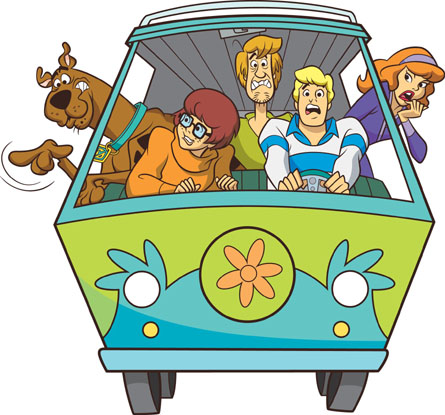Distribution: This is about keeping films 'alive' and in the public eye, as well as when released on dvd. New films are generally released on fridays, as scheduled by the Film Distributor Association. Distributors try to find 'light' weeks, where there is no competing films released and not too much competition in that week.
Logistics is also about the organisation of a film, this tends to be more important in independant films as they have less money to spend. Hollywood films tend to have about 1000 prints which are sent to different countries and distributed themselves. Independent film companies, in contrast, would have about 10 prints. Howver, grants are available, for example the film This Is England got a grant from the national lottery and so could afford to buy another 20. Most films are made in 35 mm prints, which would typically cost about 1000 pounds per film and double if the film has subtitles. Each reel lasts abut twenty minutes, and on average there are about 6 reels in a movie. Cinema companies wouldn't buy these, they would be rented from film producers. This could be described as the third link in the supply chain - distributing. Distribution is most successful when 'vertically integrated', where the three stages in the supply chain are seen as part of the same process or company.
Digital Distribution is basically using things digitally or downloading/streaming via internet. This is cheaper,as there is no need for physical manufacturing. This is better for the consumer as it is easier and cheaper, however, this is also very detrimental to film companies and therefore damaging to the very cinema experience itself.
Licensing is the process by which the distributor gets the legal right to exploit a film. U.S. films have their own distributors in the 90+ market territories throughout the world. Independent companies, again in contrast, have to sell their licenses to independent distributors.













